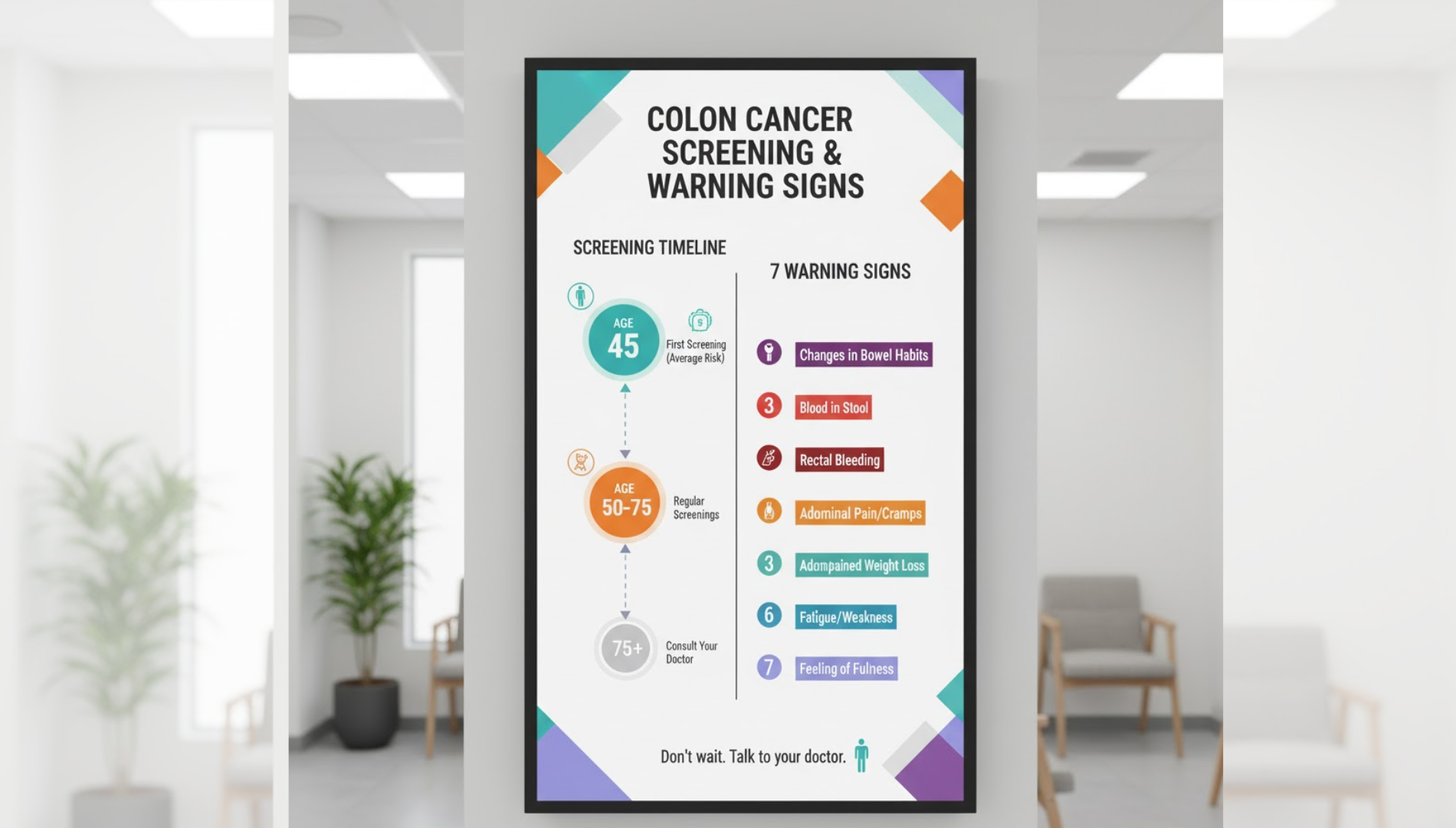Signs You May Need A Colorectal Surgeon in Phoenix

Digestive health is something many people overlook until troubling symptoms arise. Issues involving the colon, rectum, or anus can be uncomfortable, embarrassing, and sometimes serious. When these problems persist, it may be time to seek help from a colorectal surgeon Phoenix.
These specialists diagnose and treat conditions ranging from hemorrhoids to colorectal cancer. Knowing when to consult one can make a significant difference in both comfort and long-term health.
How do you know if you need colorectal surgery?
Not every digestive concern requires surgery, but some conditions benefit from the expertise of a colorectal surgeon. You may need surgery or at least a surgical evaluation if you experience:
- Persistent rectal bleeding – Bright red blood in your stool, on toilet paper, or in the toilet bowl should never be ignored. While it may be due to hemorrhoids, it can also signal polyps, fissures, or cancer.
- Chronic abdominal pain – Ongoing pain in the lower abdomen, especially when paired with changes in bowel habits, warrants further evaluation.
- Recurring bowel obstruction – If you frequently experience bloating, nausea, constipation, and abdominal swelling, this may indicate a blockage that requires surgical treatment.
- Anal pain or swelling – Conditions like abscesses, fissures, or severe hemorrhoids sometimes need surgical intervention to heal properly.
- Unexplained weight loss – Losing weight unintentionally, combined with gastrointestinal issues, can suggest a more serious underlying condition.
If conservative treatments such as medications, diet changes, or non-surgical therapies fail, a colorectal surgeon may recommend minimally invasive or traditional surgery.
What are three warning signs or symptoms of colorectal cancer?
Colorectal cancer is one of the most serious reasons to consult a colorectal surgeon in Phoenix. While not all symptoms mean cancer, certain warning signs should prompt immediate medical attention:
- Blood in the stool – Both bright red and dark, tarry stools can be linked to colorectal cancer.
- Unexplained changes in bowel habits – Ongoing diarrhea, constipation, or narrowing of stools that lasts longer than a few weeks can be concerning.
- Unexplained fatigue and weakness – Colorectal cancer can lead to anemia, leaving you feeling constantly tired.
Other symptoms may include abdominal cramping, feeling as though your bowel doesn’t completely empty, or sudden weight loss. Early detection greatly improves treatment outcomes, making it essential to act quickly if you notice these signs. To learn more, read on Choosing The Right Local Surgeon: What Matters Most.
Why would I need to see a colorectal surgeon?
A colorectal surgeon in Phoenix is not only for patients who require surgery but also for those who need advanced evaluation and management of complex conditions. Here are some common reasons to seek out this specialist:
- Hemorrhoids that do not improve with treatment – While many hemorrhoids can be managed conservatively, severe or recurring cases may require surgical removal.
- Inflammatory bowel disease (IBD) – Conditions like Crohn’s disease and ulcerative colitis can sometimes lead to strictures, fistulas, or severe damage requiring surgery.
- Diverticulitis – Recurrent or complicated diverticulitis may necessitate surgical intervention to remove the diseased portion of the colon.
- Rectal prolapse – When the rectum protrudes through the anus, surgical repair is often needed.
- Anal fissures or abscesses – Painful tears or infections in the anal region may not heal properly without surgical treatment.
Even if surgery is not immediately required, consulting a colorectal surgeon helps ensure that you receive the correct diagnosis and an effective treatment plan.
What conditions are common for colorectal surgery?
Colorectal surgery addresses a wide range of conditions, some of which are routine while others are more complex. Among the most common are:
- Colorectal cancer – Surgical removal of cancerous portions of the colon or rectum remains a cornerstone of treatment.
- Polyps – Large or difficult-to-reach polyps may require surgical removal if they cannot be addressed during a colonoscopy.
- Diverticular disease – Severe or recurring inflammation may lead to surgery to prevent further complications.
- Bowel obstructions – Obstructions caused by scar tissue, tumors, or narrowing of the colon often need surgical correction.
- Rectal prolapse repair – Correcting this condition improves both comfort and bowel function.
- Complex hemorrhoids – Advanced hemorrhoid cases sometimes require procedures like hemorrhoidectomy.
Modern colorectal surgery often uses minimally invasive techniques such as laparoscopic or robotic-assisted procedures, which can reduce recovery times and improve patient outcomes.
When to seek help in Phoenix
If you’re experiencing ongoing rectal bleeding, abdominal discomfort, or other digestive issues that affect your quality of life, it may be time to consult a colorectal surgeon in Phoenix. Early intervention can prevent minor conditions from escalating into major health problems.
Colorectal surgeons from Copper Mountain Surgical not only perform surgical treatments but also guide patients through prevention, screening, and long-term digestive health care. Whether you’re managing chronic hemorrhoids, concerned about colorectal cancer, or dealing with an unexplained change in bowel habits, a consultation can provide clarity and peace of mind.
Final Thoughts
Your digestive health is too important to ignore. Recognizing the signs that point to the need for a colorectal surgeon in Phoenix could save you from ongoing discomfort and even detect serious conditions early.
If symptoms persist, don’t delay seeking professional care, timely action is the key to better health outcomes. Talk to a specialist today.




